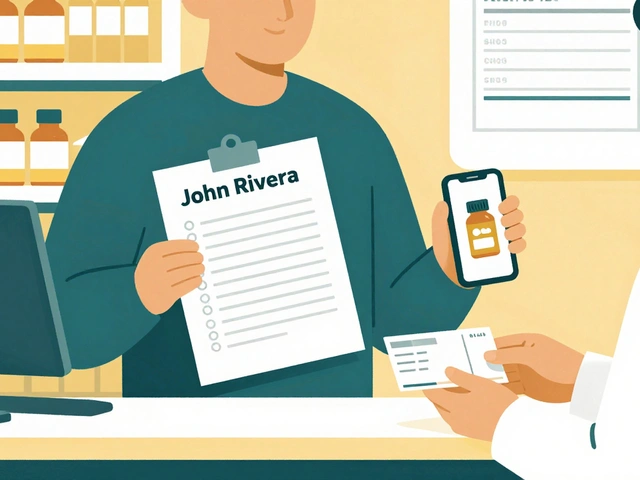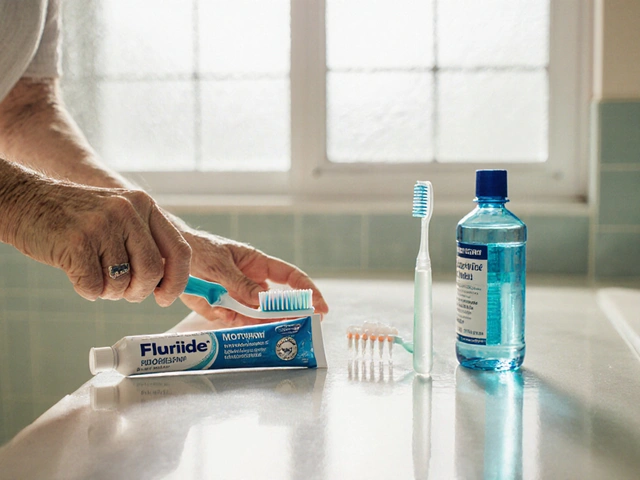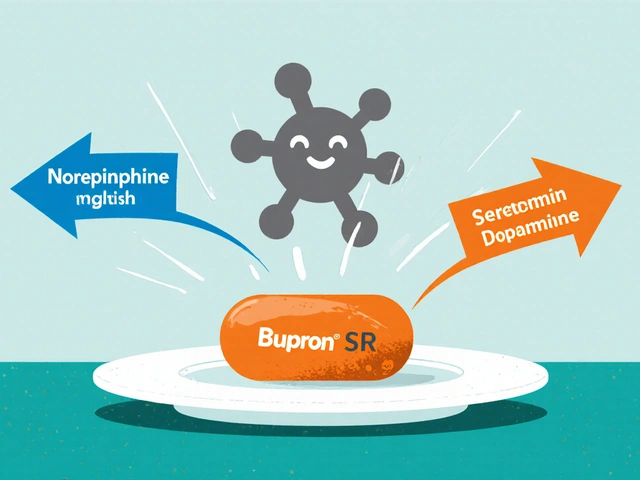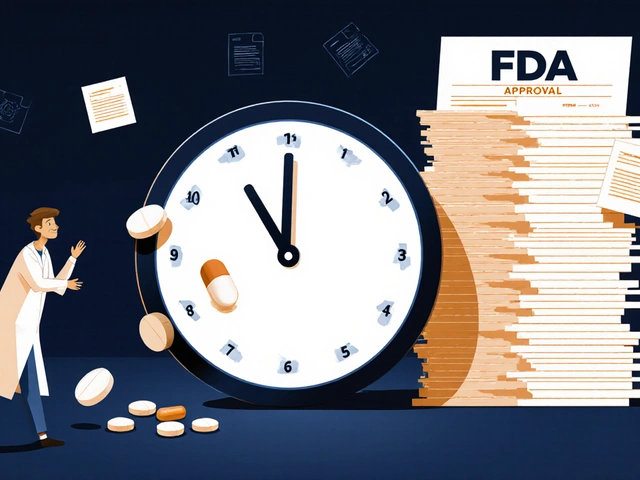Alcohol Consumption: What You Need to Know About Health and Medications
If you sip wine, beer, or spirits a few times a week, you probably wonder how that fits into a healthy lifestyle. The answer isn’t black‑and‑white – it depends on how much you drink, what you take medically, and your own health goals. Below we break down the basics so you can make smarter choices without the guesswork.
How Alcohol Affects Your Body
When you drink, alcohol travels straight to your bloodstream and hits several organs at once. Your liver works hard to break it down, which can slow down the processing of other substances, including prescription drugs. Even moderate drinking can raise blood pressure, irritate the stomach lining, and affect sleep quality.
One big thing to keep in mind is the “standard drink” concept – roughly 14 g of pure alcohol, which is about 12 oz of beer, 5 oz of wine, or 1.5 oz of distilled spirits. Sticking to one or two drinks a day is usually considered low‑risk for most adults, but the safe limit drops for people with certain conditions, like liver disease or heart problems.
Alcohol and Common Medications
Mixing alcohol with meds can be a recipe for trouble. For instance, the blood‑pressure drug Capoten (captopril) can cause a sudden drop in blood pressure if you drink alcohol alongside it. Similarly, canagliflozin, a diabetes medication, may increase the risk of dehydration when combined with alcohol’s diuretic effect.
Over‑the‑counter pain relievers like ibuprofen (found in Motrin) can irritate the stomach lining, and alcohol makes that irritation worse. If you take a blood thinner such as Plavix (clopidogrel), even a small amount of alcohol can boost bleeding risk.
Our site has detailed guides on each of these drugs, covering dosage, side‑effects, and safe drinking tips. Skipping the guide and guessing isn’t worth the risk – a quick read can save you from a nasty reaction.
Beyond prescription meds, some supplements also don’t play well with alcohol. The Bulbous Buttercup supplement, for example, contains protoanemonin, which can cause stomach upset that alcohol can intensify.
When you’re unsure, the safest move is to treat alcohol like any other drug: read the label, ask your pharmacist, and keep track of how much you consume.
Bottom line: moderate drinking is okay for many people, but if you’re on medication, it’s wise to check each drug’s interaction profile. Use our tag page to find the latest articles on alcohol and specific meds, get practical advice, and stay in control of your health.
Levothyroxine and Alcohol: Is It Safe to Mix the Two?
Hey there, I've been diving into interesting stuff lately. This piece, for instance, is all about the effect of mixing Levothyroxine, a thyroid medication, with alcohol. Is it safe? What are the potential side effects, if any? I did some research to answer these questions for those who might be courting this curiosity. Stick around if you're also looking to unravel this mystery, and let's learn together!






